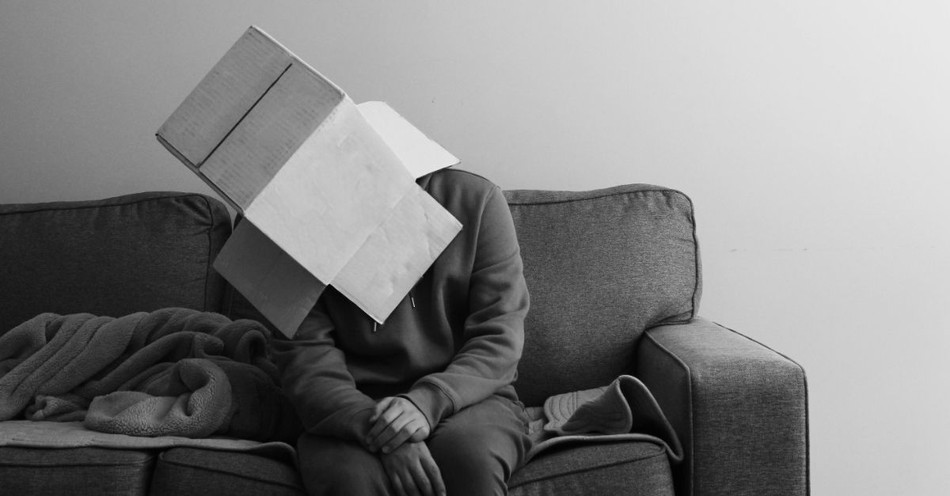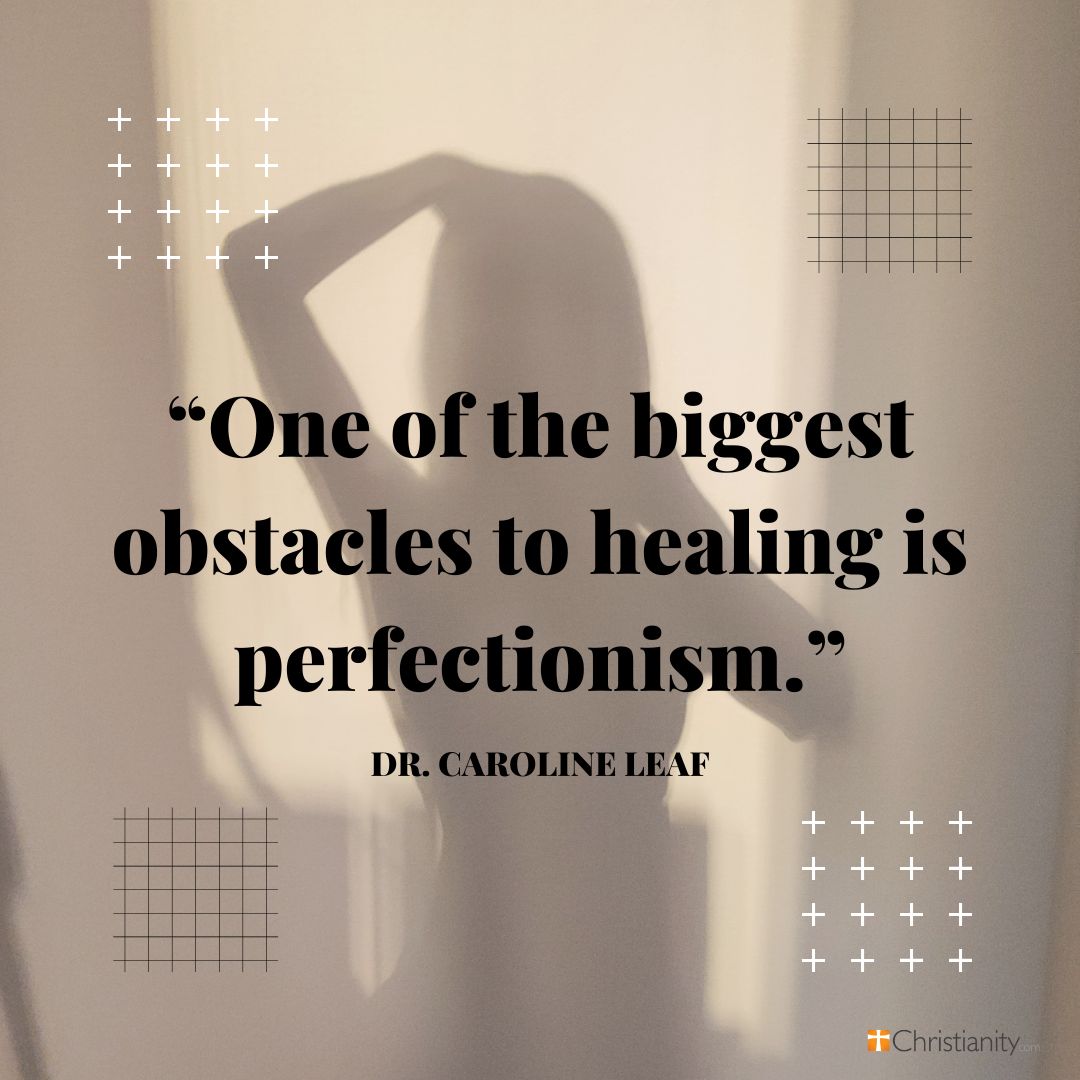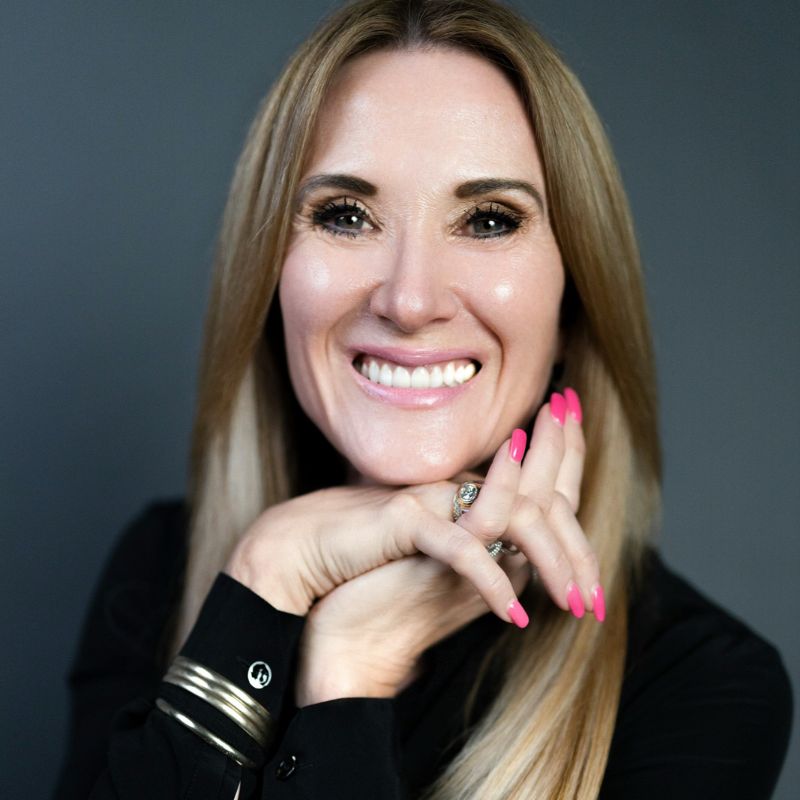It's okay to feel broken, but with faith and action, healing and growth are always within reach.
It’s Okay to Struggle but You Don’t Have to Stay Stuck

It’s Okay Not to Be Okay—But You Don’t Have to Stay There
Let’s begin with a truth we often forget: you are allowed to not be okay. You’re allowed to feel overwhelmed. You’re allowed to cry. You’re allowed to have days when getting out of bed feels like a win. You’re allowed to feel stuck, confused, or just plain tired. But here’s the key: you don’t have to stay there.
Struggle is part of being human. But suffering in silence, staying stuck in toxic mental loops, and believing you’re broken—that’s where the danger lies. I want to remind you today that no matter how messy things feel, your mind is powerful, and you are not powerless. In my new book, Help in a Hurry, I dive deep into the neuroscience of how we can move from mental chaos to clarity—quickly, intentionally, and compassionately. Because healing doesn’t have to be a massive, overwhelming project. It can start with one small shift. One gentle choice. One thought at a time.
Your Mind Was Never Meant to Stay in Survival Mode
Let’s talk about your mind. When life gets hard, your mind’s natural response is to enter survival mode. You feel threatened, and your body kicks in with stress hormones like cortisol and adrenaline. This response is useful in the short term—it helps you focus and protect yourself. But what happens when that stress becomes chronic? When anxiety becomes your default? When racing thoughts, panic, or emotional shutdowns feel like your “normal”?
Here’s what the science shows us: your mind is not designed to stay in this state. When we stay in survival mode too long, it impacts everything—from our memory and focus to our physical health, immune system, and even our relationships. And here’s the most important part: you have the power to interrupt this cycle. You can train your mind out of chronic stress responses. You can teach your mind to stop spiraling. You can build new, healthy neural pathways that create emotional stability and inner peace. This is neuroplasticity—the brain’s ability to change based on how you use your mind. And this is what Help in a Hurry is all about.
It Starts with Permission
Before we get into the how, let’s pause and talk about what so many people get wrong about healing. Most of us have been conditioned to think that we need to be “strong” all the time. We associate strength with silence, stoicism, and pushing through the pain. We think vulnerability means weakness or failure. But real strength starts with honesty.
Real healing begins the moment you say, “I’m not okay.” Not because you’re giving up, but because you’re finally giving your mind space to breathe. You’re choosing awareness over avoidance. You’re stepping into the uncomfortable so you can move through it—not get stuck in it. This is what self-compassion looks like in action. It’s not about wallowing. It’s not about ignoring problems or pretending everything’s fine. It’s about creating a safe internal space for your mind to begin the work of healing.
The Mind-Brain-Body Connection
Here’s a principle I’ve taught for years: your mind is separate from your brain. Your mind is how you think, feel, and choose. Your brain is the physical structure that responds to the activity of your mind. When you change how you think, feel, and choose, you literally reshape your brain. In Help in a Hurry, I explain how this works through easy-to-understand techniques. Using my scientifically researched 5-Step Neurocycle®, I guide you through short daily exercises that help you:
-Recognize toxic thought patterns
-Reframe your mindset
-Regulate your emotions
-Rewire your brain for peace and clarity
Even five minutes a day can begin to create meaningful, measurable change in how you process life’s challenges. This isn’t wishful thinking. This is neuroscience.
You Don’t Need to Be Perfect—You Just Need to Be Present
One of the biggest obstacles to healing is perfectionism. We often think we can’t start the journey until we have more time, more energy, or more clarity. We tell ourselves things like:
-“I’ll deal with this later.”
-“It’s not that bad.”
-“Other people have it worse.”
-"I should be able to handle this.”
But those thoughts are not neutral. They delay healing. They suppress emotions. They create shame and distance us from what we really need: presence, not perfection. Healing happens in the here and now. And often, it’s not the big, dramatic breakthroughs that change us—it’s the small daily choices.
-Choosing to pause instead of push.
-Choosing to breathe instead of spiral.
-Choosing to speak kindly to yourself when your instinct is to criticize.
These micro-decisions rewire your brain and build what I call “mental resilience.” They don’t eliminate the hard things—but they change how you handle the hard things.

You’re Not Stuck—Your Mind Just Needs a Reset
Feeling stuck is one of the most common complaints I hear. And I get it. When you’re stuck in a toxic thought loop, when everything feels overwhelming, it’s hard to see a way out. But here’s the key: you’re not as stuck as you think. Your brain just needs a pattern interrupt.
One of my favorite tools in Help in a Hurry is the “mental reset.” These are short, actionable steps you can use anytime—whether you’re having a panic attack, dealing with decision fatigue, or just trying to survive a hard day. They take less than 5 minutes but have been shown to regulate your nervous system, calm your brain waves, and give you a sense of grounded control. This isn’t about pretending everything’s okay. It’s about learning how to create a safe, supportive space inside your own mind—especially when everything around you feels uncertain.
What If the Mess Is Part of the Meaning?
Here’s something I want you to sit with: What if the mess you’re in right now is the soil for something new? I don’t say that to minimize your pain or gloss over your struggles. I say it because I’ve seen time and time again—in both my research and my personal life—that chaos often precedes clarity.
Growth doesn’t come from ignoring the pain. It comes from walking through it with intentionality and grace. When you learn how to manage your mind in the middle of the storm, you gain tools that will serve you for a lifetime. You build confidence, insight, emotional strength, and mental agility. You discover parts of yourself you didn’t know were there.
Help in a Hurry: Your Toolkit for the Tough Days
That’s exactly why I wrote Help in a Hurry. It’s not a long, overwhelming book you’ll never finish. It’s a practical, quick-access guide you can reach for in life’s hardest moments. It’s filled with:
-Bite-sized lessons you can read in under 5 minutes
-Powerful mindset shifts rooted in cognitive neuroscience
-The 5-Step Neurocycle® you can use anytime, anywhere
-Emotional first-aid tools for anxiety, burnout, fear, overthinking, and more
-Encouragement, hope, and the reminder that you are not alone
This is the book I wish I could hand to every person who says, “I’m not okay, and I don’t know where to start.” And now, I’m handing it to you. 👉 Order your copy now at helpinahurrybook.com and get instant access to tools that can change your mental state in minutes. Whether you’re in a full-blown crisis or just trying to navigate everyday stress, Help in a Hurry is your guide to reclaiming calm, clarity, and control.
You Are Worth the Effort
I’ll leave you with this: you don’t need to have it all figured out. You just need to start. Every step you take to manage your mind is a step toward healing. Toward freedom. Toward becoming the healthiest, strongest version of yourself.
It’s okay not to be okay.
But you don’t have to stay there.
Let’s take the next step—together.
With love,
Dr. Caroline Leaf
Cognitive Neuroscientist | Author of Help in a Hurry
🧠 Ready to reset your mind and reclaim your peace?
👉 Order your copy of Help in a Hurry at helpinahurrybook.com
Photo Credit: ©Unsplash/Joel Lee

🧠 Ready to reset your mind before stress takes over?
👉 Order Help in a Hurry at helpinahurrybook.com and discover the power of small daily shifts that protect your peace and rewire your brain for calm, resilience, and clarity.



